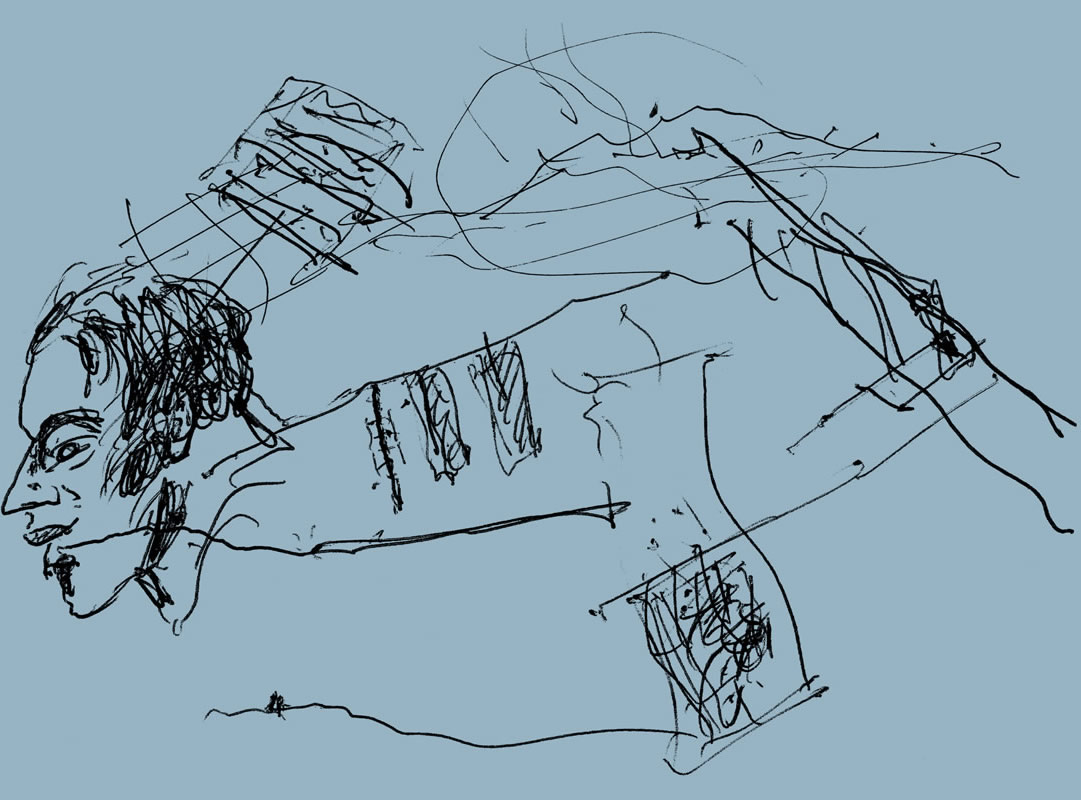The latest instalment of our series of AR Reading Lists: seven carefully chosen pieces from our archive, free for registered users
On the day of publishing this Reading List, a shiny new Battersea Power Station is opening to the public. What was once Britain’s ‘temple of power’ now houses luxury retail and offices: ‘spaces of labour and industry transformed for middle-class leisure’. In 1933, when Battersea originally started producing power, the AR dedicated its November issue to Electricity, the editorial revealing glimpses of hope that in the coming years electric power would be accessible to all, ‘not merely a privilege of the moderately rich’, and would help stabilise a country that had ‘discovered how appalling and how dangerous is the looseness and the disorder of its structure’. Fast-forward 89 years and energy inequality is still rife, the UK is far from stable at the hands of the chaotic Conservative government, and the grid is failing on a global scale.
Register for free to read today and receive the AR Reading List straight to your inbox. Happy reading!
Outrage: load shedding in South Africa, AR October 2022, Stephanie Briers
‘Meals need to be planned around the next power outage, food waste increases as refrigerators turn off, business owners sit with paid employees that cannot do their work, and major industries come to a halt’
Power and glory: Battersea Power Station in London by WilkinsonEyre, AR October 2022, Ellen Peirson
‘The nostalgia for industrial Britain that Battersea articulates so clearly reveals the murkier imperial link that some hold on to between coal and “great” Britain’
Editorial: electricity, AR November 1933, AR Editors
‘Electric power is going to be there for everybody to use, not merely a privilege of the moderately rich’
Lights out: cities cloaked in darkness, AR April 2020, Catherine Slessor
‘At first, the ‘electrical sublime’ did not carry with it the possibility of breakdown or dysfunction. Yet constant, intensive lighting is a historic anomaly and remains so for many living in poorer countries’
Ascending order: Georgia’s coin-operated lifts, AR February 2019, Tamta Khalvashi
‘When the state unplugged people from centralised systems of urban provision, existing structures of coordination disappeared. Being trapped in a lift was symbolic of the climate of uncertainty in 1990s post-Soviet Georgia’
Typology: Dams, AR June 2017, Tom Wilkinson
‘Now the seasons themselves were subject to human control’
Reputations: Sylvia Crowe (1901-1997), AR February 2017, Jonathan Glancey
‘In a 60-year career, she worked a subtle magic on the landscapes of reservoirs and nuclear power stations, power transmission lines and crematoria, hospitals, sewage farms, New Towns, motorway intersections and USAF bases from Berkshire (Greenham Common) to Suffolk’
Subscribe today to join the conversation and help support independent critical architectural writing. Digital subscriptions are available and all our content is available online, anywhere in the world
 The Architectural Review An online and print magazine about international design. Since 1896.
The Architectural Review An online and print magazine about international design. Since 1896.


